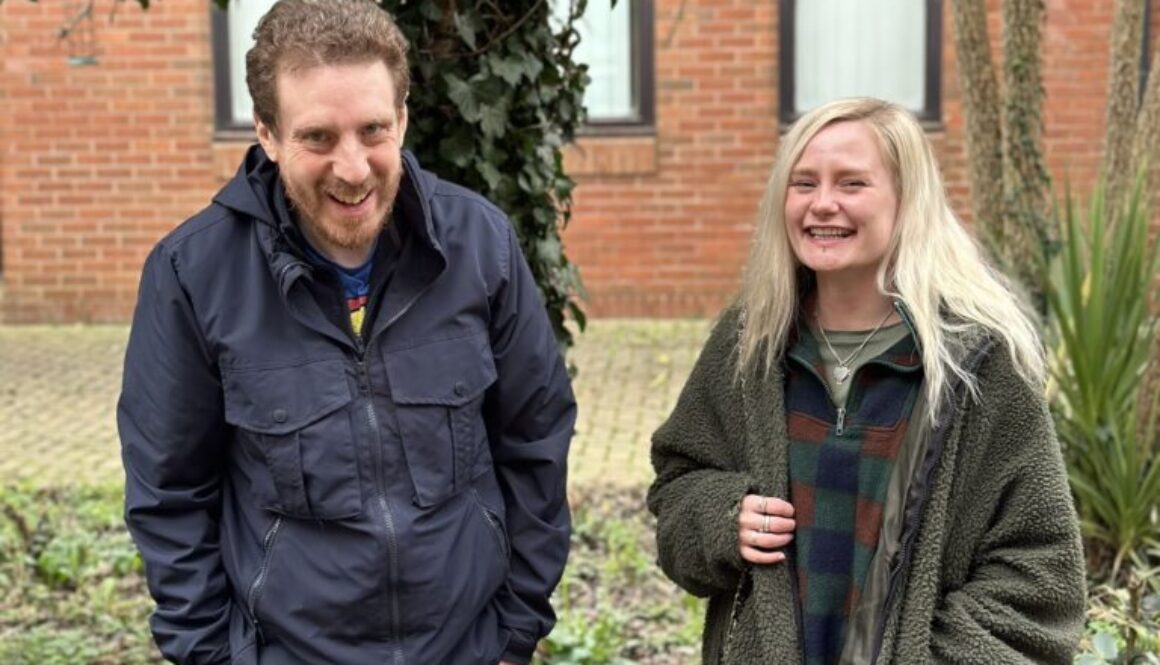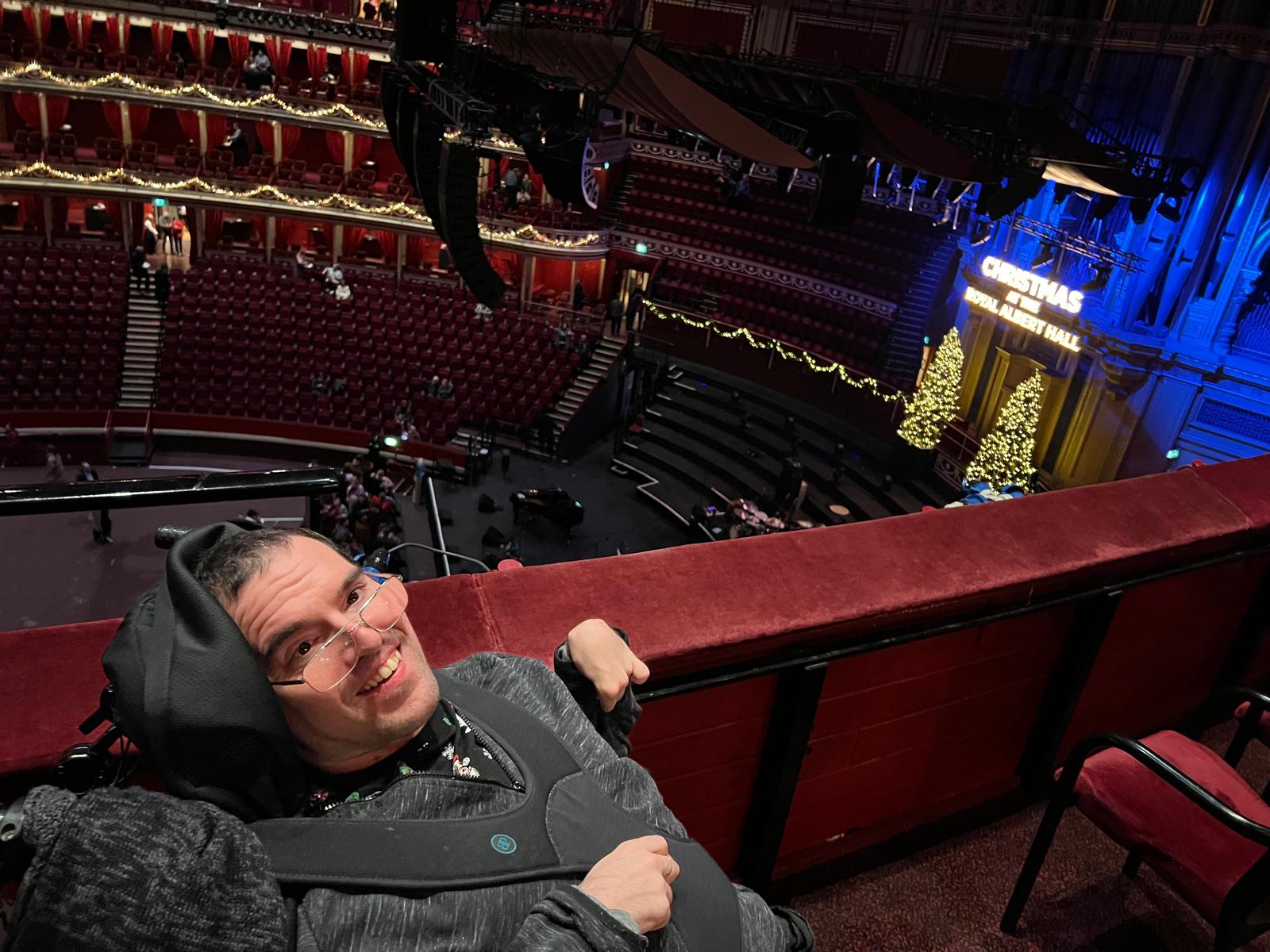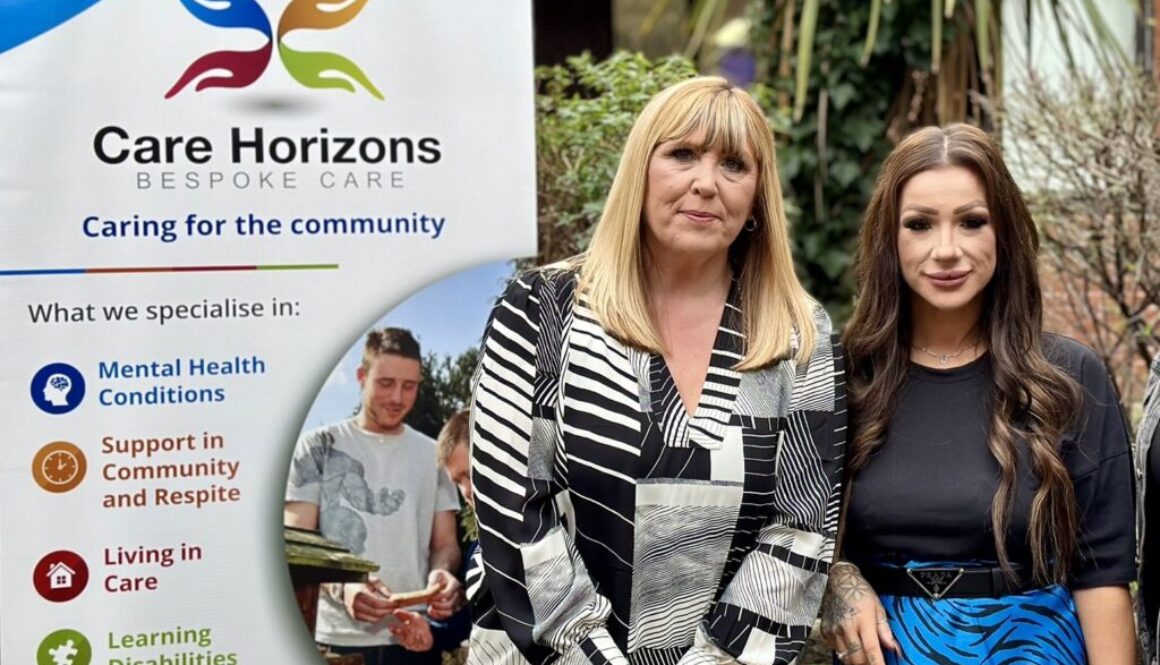Autistic burnout is a state of intense physical, mental, and emotional exhaustion that disproportionately affects individuals on the autism spectrum.
Unlike typical burnout, which can occur due to prolonged stress or overwork, autistic burnout is intricately tied to the unique challenges and sensory sensitivities experienced by autistic individuals. It often results from the cumulative effect of constantly navigating a world that is not designed to accommodate their needs.
Understanding Autistic Burnout
Autistic burnout can manifest in various ways, including heightened sensory sensitivities, reduced ability to tolerate social interactions, and a significant decrease in executive functioning skills such as planning, organization, and problem-solving. This state of overwhelm can also lead to an increase in autistic traits that the individual may have learned to mask or manage, making daily tasks that were once manageable seem unbeatable.
Causes of Autistic Burnout
Several factors contribute to autistic burnout. One of the primary causes is the chronic need to mask or camouflage autistic traits to fit into neurotypical society. This masking can be incredibly draining, as it requires continuous self-monitoring and adjustment to meet societal expectations. Over time, the effort to appear “normal” can deplete an autistic person’s mental and emotional reserves.
Another significant factor is sensory overload. Autistic individuals often have heightened sensitivities to sounds, lights, textures, and other sensory inputs. Navigating environments that are not sensory-friendly can lead to constant stress and eventual burnout. Additionally, the pressure to meet neurotypical standards in work, school, and social settings without adequate support or accommodations can exacerbate this condition.
Symptoms and Impact
The symptoms of autistic burnout can vary but commonly include extreme fatigue, difficulty with speech and communication, increased sensory sensitivity, and a profound sense of being overwhelmed. Some individuals may experience a regression in skills or abilities, where tasks that were once easy become challenging or impossible.
The impact of autistic burnout is far-reaching. It can affect an individual’s ability to maintain employment, attend school, or engage in social activities. Relationships may also be affected as the individual withdraws or becomes less able to communicate effectively. The emotional toll can lead to increased anxiety, depression, and feelings of isolation.
Managing and Preventing Burnout
Managing autistic burnout requires a multifaceted approach that includes self-care, environmental adjustments, and seeking support. Autistic individuals need to prioritize their well-being by taking regular breaks, engaging in activities that help them relax and recharge, and setting boundaries to avoid overcommitting.
Creating a sensory-friendly environment is crucial. This might involve using noise-cancelling headphones, adjusting lighting, and creating a quiet space to retreat to when needed. Employers and educators can play a significant role by providing accommodations such as flexible work hours, remote work options, and understanding the importance of sensory needs.
Support from family, friends, and professionals is also essential. Therapy, particularly cognitive-behavioural therapy (CBT) tailored to autistic individuals, can help in managing stress and developing coping strategies. Joining support groups where individuals can share experiences and strategies can also be beneficial.
Conclusion
Autistic burnout is a serious and often misunderstood condition that requires awareness and action from both individuals and society. By understanding the unique challenges faced by autistic individuals and providing appropriate support and accommodations, we can help prevent burnout and promote a healthier, more inclusive environment. Recognizing and addressing the signs of autistic burnout is not only crucial for the well-being of autistic individuals but also for fostering a society that values and supports neurodiversity.
Care Horizons
Our team is highly experienced and trained to identify and care for people with Autism. Many of our service users deal with varying levels of these conditions and the care plan we produce reflects the level of support they require as an individual. When a person is first referred to, or approaches Care Horizons, we meet in person with all potential new clients, to ensure we are the right fit as a company for the client.
Contact us today to learn more!















